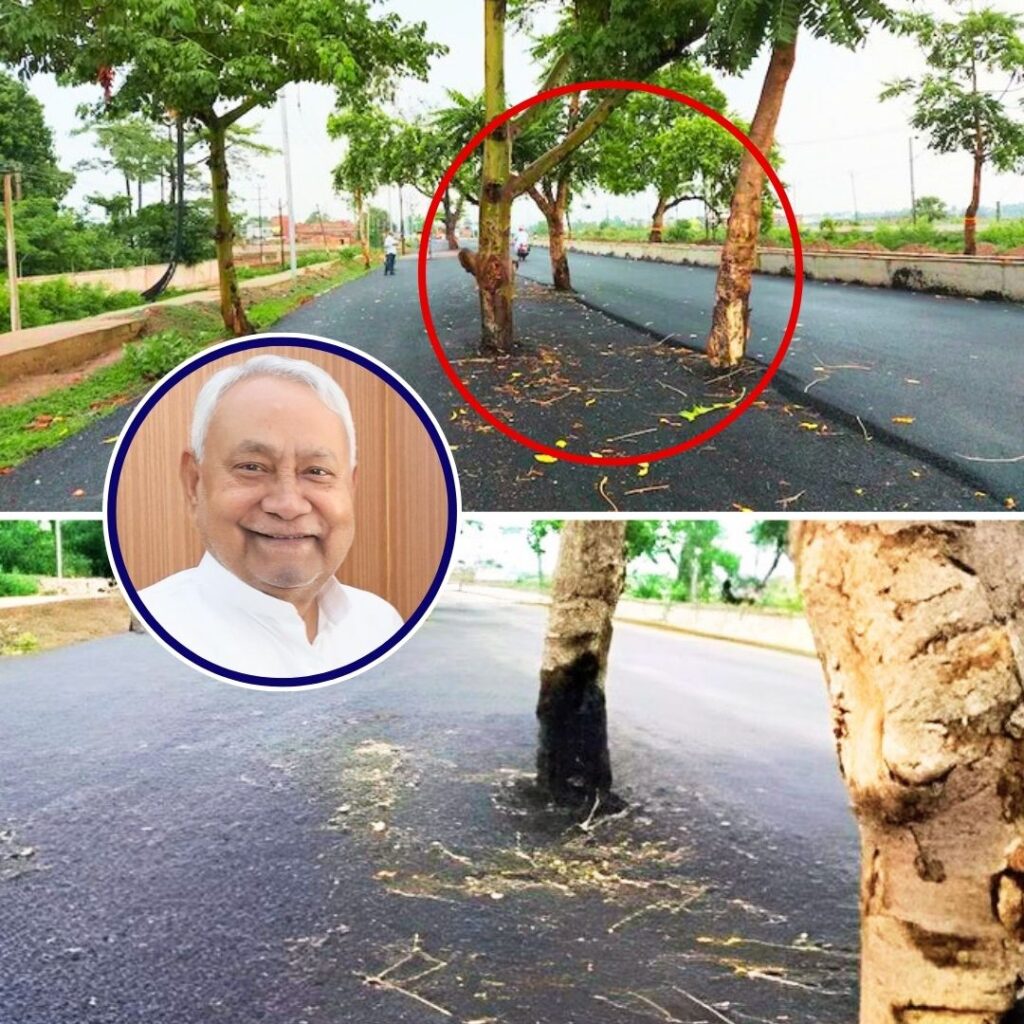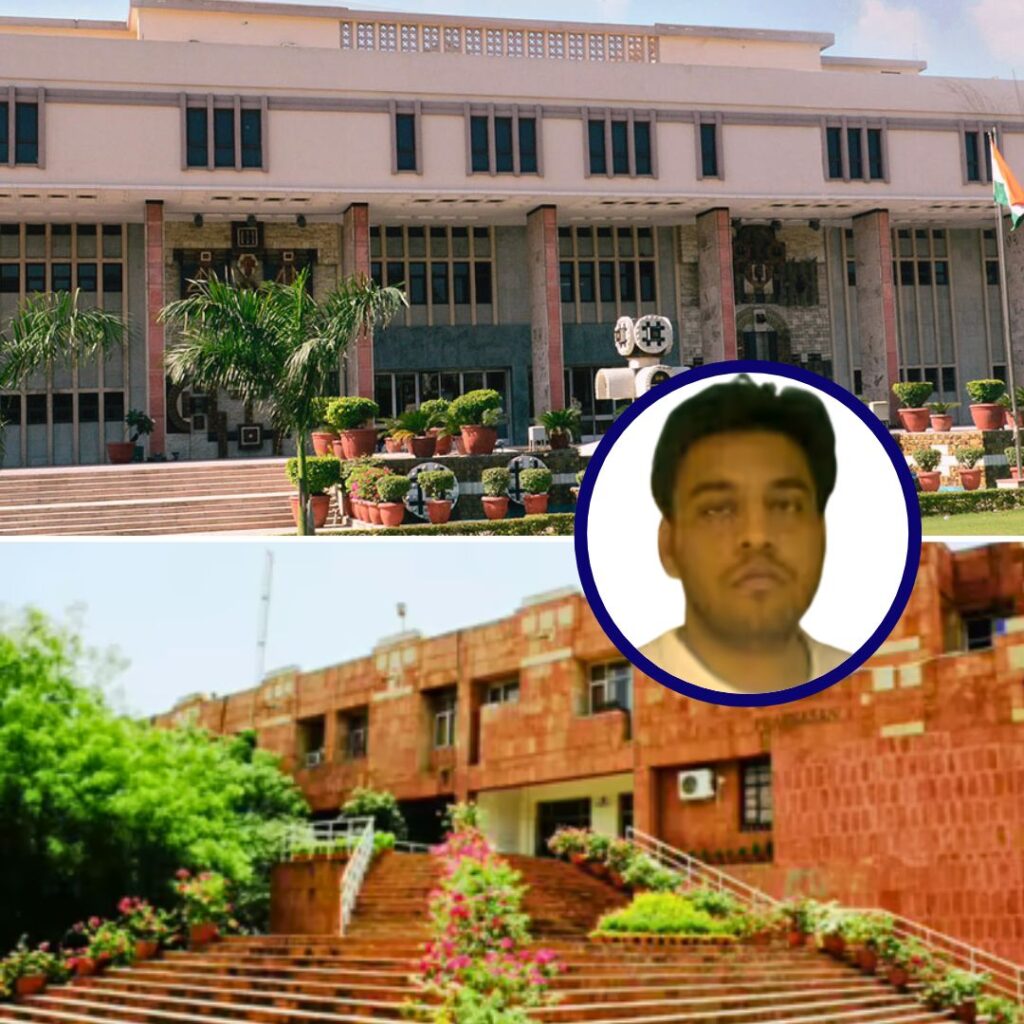Physical disability will no longer remain a hindrance in the process of someone being a doctor. This brings the curtain call for a two-decade-long battle between specially-abled students and India’s medical studies regulator, said a report by the Hindustan Times.
In a significant development, the Medical Council of India (MCI) has now opened up admissions to 21 categories of severely disabled people. Candidates suffering from blindness, hearing impairment, dwarfism, locomotor disability, intellectual disability, muscular dystrophy, multiple sclerosis and low-vision will now be able to become doctors.
Existent laws to pursue medical studies
They can be allowed to take the next year’s graduate and postgraduate medical courses, a landmark shift in its policy after a severe regulation imposed by the Supreme Court in August. The apex court had declared that it is the duty of every institution to extend The directive came while the apex court was hearing a thalassaemia patient’s plea claiming she falls under the category of persons described under the benchmark of disabilities under the provisions of the Right of Persons with Disabilities.
MCI secretary Reena Nayyar told Hindustan Times, that a decision was made at the council’s general body meeting on 31 October to implement the country’s newly revised disability law. According to 2011 Census, the number of disables in India stands at 2.68 crores. With an implementation of the revision in the law, a large number of disabled persons can apply for the medical entrance examinations.
“The ministry of social justice and empowerment is in the process of framing rules to specify medical job roles for different categories of disabilities,” said MCI secretary Reena Nayyar. Until now, the MCI only allowed candidates with below 70% disability of the lower limbs to study medicine, although the contravened all disability-related laws in the country, forcing such students to fight a legal battle with the individual medical colleges.
Bringing about changes in a redundant law
The medical council said, that persons with severe disability are not good enough to study medicine. But it has now added that with the change in times and advancement in medical science, it no longer made any sense to bar people from studying medicine. Barring specially-abled students from studying medicine only reflects a wider apathy in the Indian society towards the disability who consistently face difficulty in accessing equal opportunities in the society, everything from education to public transport.
India’s first disability law was formulated in as late as 1995. It gave 3% reservation in education to people with seven kinds of disabilities. The legislation was seemingly inadequate, as observed by many experts. It took some rap from the apex court earlier this year for MCI to come around and bring about changes in the law for the specially abled medical aspirants. The Supreme Court has come down heavily on the MCI as well asking it to implement the law in letter and in spirit as well. A new law replaced it this year, where their quota has been increased to 5% with recognition of 21 categories instead of 7. The MCI is also in the process of framing job roles for different categories of disability.
A top official who attended the meeting, said, “The committee headed by Dr Ved Prakash Mishra, recommended the complete implementation of the act. The committee felt that such discrimination does not exist internationally, so we should not allow them in medical profession just for the sake of social justice,” according to a report by the Hindustan Times.
The Logical Indian community wholeheartedly applauds this move by the MCI. It is high time, that the Indian society must be more accommodative towards the specially-abled. They must get fair opportunities to appear for the entrance tests.











